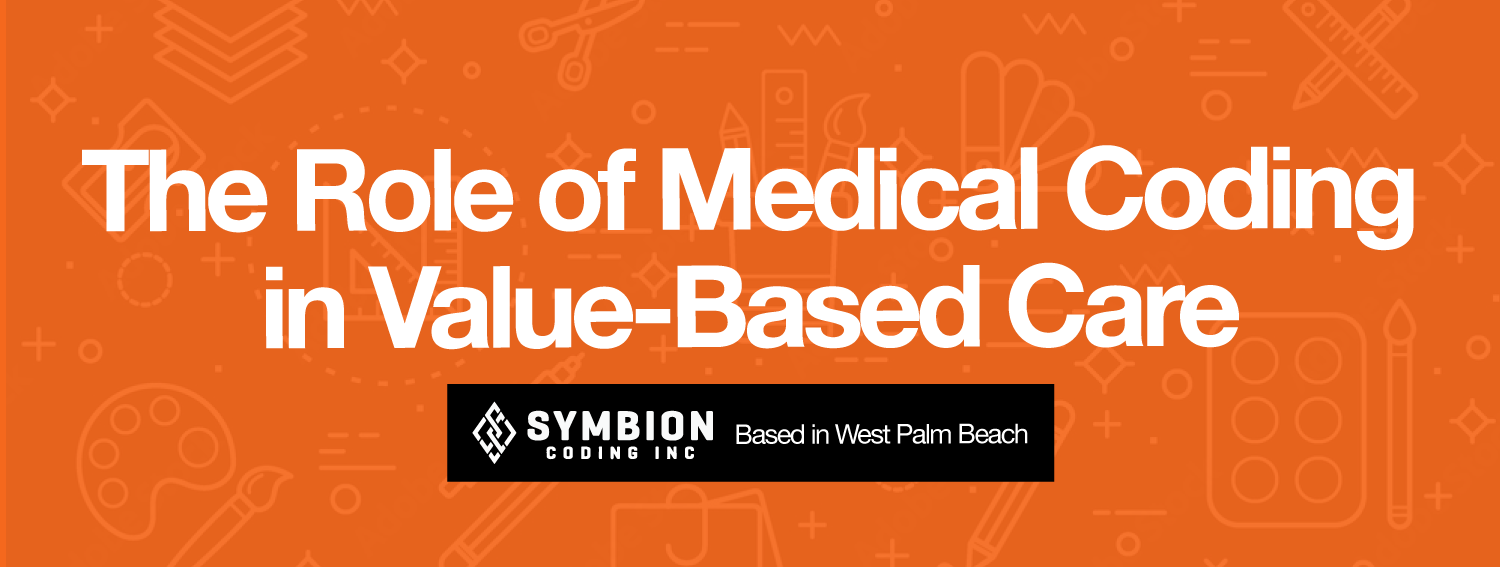
The shift from volume-based to value-based care in the healthcare industry revolutionizes how medical services are provided and reimbursed. While quality outcomes and patient satisfaction take center stage in this new model, the often-underestimated role of medical coding is becoming increasingly vital in ensuring its success.
Understanding Value-Based Care
In essence, value-based care ties reimbursement to the quality of care rather than the quantity of services rendered. This model encourages healthcare providers to focus on preventive care, chronic disease management, and patient engagement to improve outcomes and reduce costs.
The Crucial Link: Medical Coding
Medical coding, the process of translating medical diagnoses, procedures, and services into standardized codes, forms the backbone of communication in healthcare. These codes are used for a multitude of purposes, including:
- Reimbursement: Payers use codes to determine the appropriate reimbursement for services provided.
- Data Analysis: Codes allow for the collection and analysis of healthcare data, revealing trends in disease prevalence, treatment effectiveness, and resource utilization.
- Quality Measurement: Codes help track and measure quality metrics, ensuring providers meet the standards set for value-based care.
The Impact of Accurate Coding in Value-Based Care
Accurate medical coding is critical in enabling value-based care initiatives’ success.
- Accurate Reimbursement: Precise coding ensures that providers receive fair and appropriate reimbursement for their services, promoting financial stability and enabling them to invest in quality improvement initiatives.
- Data-Driven Decision Making: Reliable data from accurate coding empowers healthcare organizations to make informed decisions about resource allocation, care pathways, and population health management.
- Quality Improvement: By tracking and measuring quality metrics through accurate coding, providers can identify areas for improvement and implement strategies to enhance patient outcomes.
- Risk Adjustment: In value-based care models, risk adjustment is often used to account for patient populations’ varying health complexities. Accurate coding ensures appropriate risk adjustment by capturing the severity of illnesses and the complexity of patient conditions, facilitating fair provider comparisons and equitable reimbursement.
Challenges and Opportunities
The transition to value-based care presents challenges for medical coding professionals. The increasing complexity of codes and the need to capture more nuanced information about patient encounters require ongoing education and training. However, this also allows coders to play a more strategic role in healthcare organizations. By collaborating with clinicians and administrators, coders can contribute to developing effective care pathways, ensuring compliance with quality measures, and ultimately improving patient care.
Conclusion
In conclusion, medical coding is vital in the value-based care chain. Accurate coding ensures fair reimbursement, enables data-driven decision-making, and promotes quality improvement. As the healthcare landscape continues to evolve, the role of medical coders will only become more critical in driving the success of value-based care initiatives and improving the health of populations.







No comment yet, add your voice below!